Sanitary solutions from GROHE adorn countless bathrooms all over Germany – but not many are aware that since 2014, GROHE has been fully owned by the Japanese LIXIL Corporation. A change mostly for the better says Jonas Brennwald, Leader LIXIL EMENA. In this interview, we discussed the brand strategy, how to merge German and Japanese culture, and what lies in store for GROHE and LIXIL.
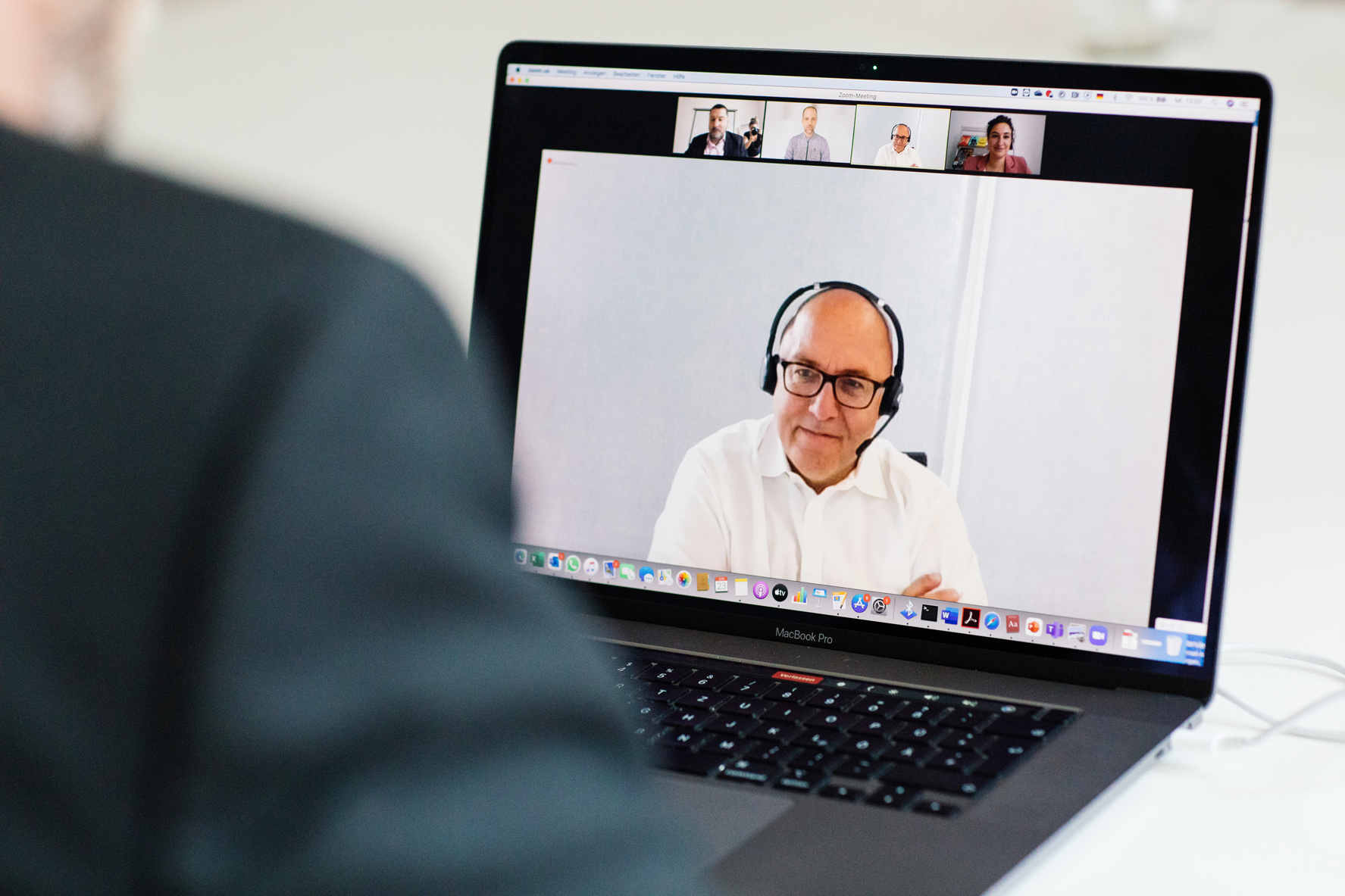
J-BIG: Mr. Brennwald, many of our German readers might know GROHE, but not the company behind it: LIXIL. How would you describe the shared history of these two companies?
Jonas Brennwald: LIXIL was founded in 2011 as a merger between five of the most successful housing and building material companies in Japan. So the company itself is actually quite young, but when you look into each of the five companies, you will find a wealth of history and tradition. This merger was very successful, but most of its turnover was confined to Japan. In order to expand internationally, LIXIL decided to look for strong brands around the world that could lay the foundation and help scale up the international business. GROHE certainly fit the bill, and in 2015, the German company was fully consolidated. Today, the LIXIL umbrella comprises fifteen of these trusted brands and a very broad product portfolio. On a global scale, around one billion people touch our products every day. As Leader of LIXIL EMENA, I’m responsible for the European, Middle Eastern and Northern African markets – the largest region outside Japan.

J-BIG: Why was this acquisition worthwhile from GROHE’s perspective?
Jonas Brennwald: When I joined GROHE in 2012, the company was part of a private equity environment. The idea of such a construct is usually “buy cheap, sell expensively”, so that limits a company’s ability to project beyond a two-year horizon. GROHE had already been owned by a private equity firm for ten years, and we had a long wish list of what we would like to do to scale up the business internationally and sustainably. But to achieve that, GROHE was looking for a partnership with a new owner that would be able to strengthen and grow the brand in the long term – someone who could help us become a competitive global brand. The acquisition allowed us to talk about a longer perspective in the EMENA region. We did not need to compromise on manufacturing capacity, machinery, or long-term investment. We were able to put all the cards on the table and talk about how we could actually scale up our business opportunities. So it was really a win-win situation. GROHE has become a much stronger brand with the LIXIL ownership.
J-BIG: GROHE was a typical German family business, LIXIL a large Japanese group company – did that transition go smoothly?
Jonas Brennwald: In many ways, the fact that LIXIL is Japanese worked in our favor. The long-term thinking we were hoping for is an important element of Japanese business culture. Even if there are hiccups along the journey, Japanese companies will usually not abandon ship if you can justify these developments through numbers and facts. I am Swiss and Swedish myself, and the Swedish mentality is actually quite similar. So in that sense, it was a very good fit.
But of course, there were also challenges. As you mentioned, GROHE was a very German company – I was only the second non-German CEO GROHE ever had since its founding. That’s not necessarily a bad thing, but to scale up the business internationally, I felt like we also needed to generate a more international culture. This was one of my first initiatives, even before the LIXIL acquisition. Likewise, LIXIL is also very internationally oriented, so that certainly helped. Although LIXIL has a very strong Japanese heritage, the management team brings together a lot of insights and perspectives from across the world – often, they studied or worked abroad for a period of time themselves. So rather than going from a purely German to a purely Japanese culture, we met somewhere in the middle.
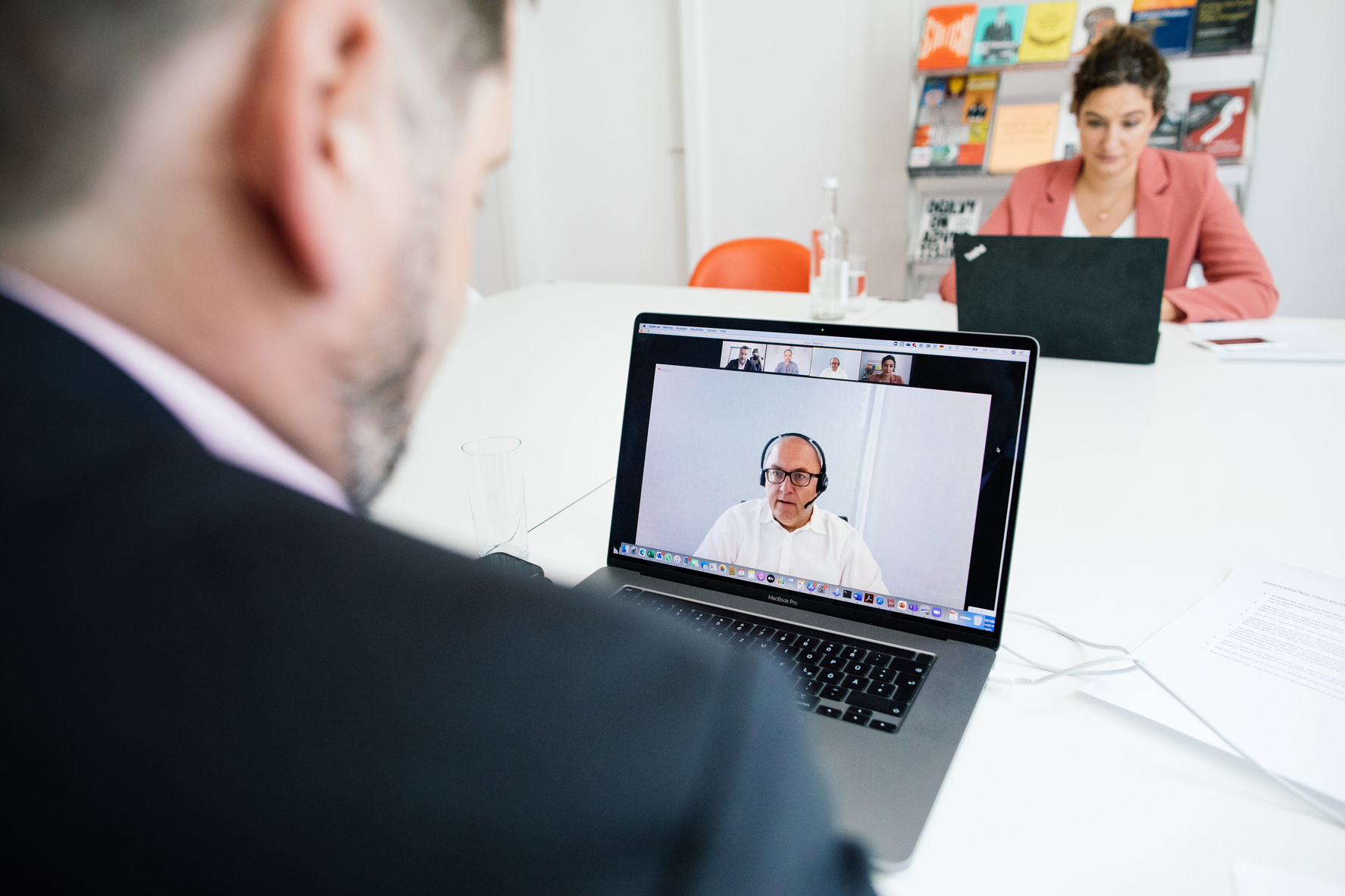
J-BIG: How did you go about establishing this international mindset at GROHE?
Jonas Brennwald: One learning I can share is that when you are engaging with another culture, you need to be self-critical about your own habits and assumptions. In my experience, when Germans are dealing with management from other cultures like Japan, they tend to say “This is different here in Germany” – and they might be right. But a Japanese manager will want an explanation. Not because they don’t believe you, but because they want to understand. How is it different here, and why? What’s the background? Where are the facts? This need for more and more information can be grating to German employees if they fail to question their own positions and just assume that they are right.
I always say to my team: “You know, there’s only one person who walked on water, and somebody wrote a bestseller about him. But I haven’t heard about anyone else.” When you are pointing at somebody else, there’s always three fingers pointing back at you. At LIXIL, we are all part of the same environment, and that environment includes GROHE. It is our job to ensure that we are working together, not to build walls. When you notice that there are four or five issues that always cause conflict, start with them. First, analyze them internally, and then humbly propose a way to deal with them more effectively. Today, we have a lot of debrief sessions where we analyze where things went wrong, and why. This is something we didn’t do in the past – we just assumed we were right all the time.

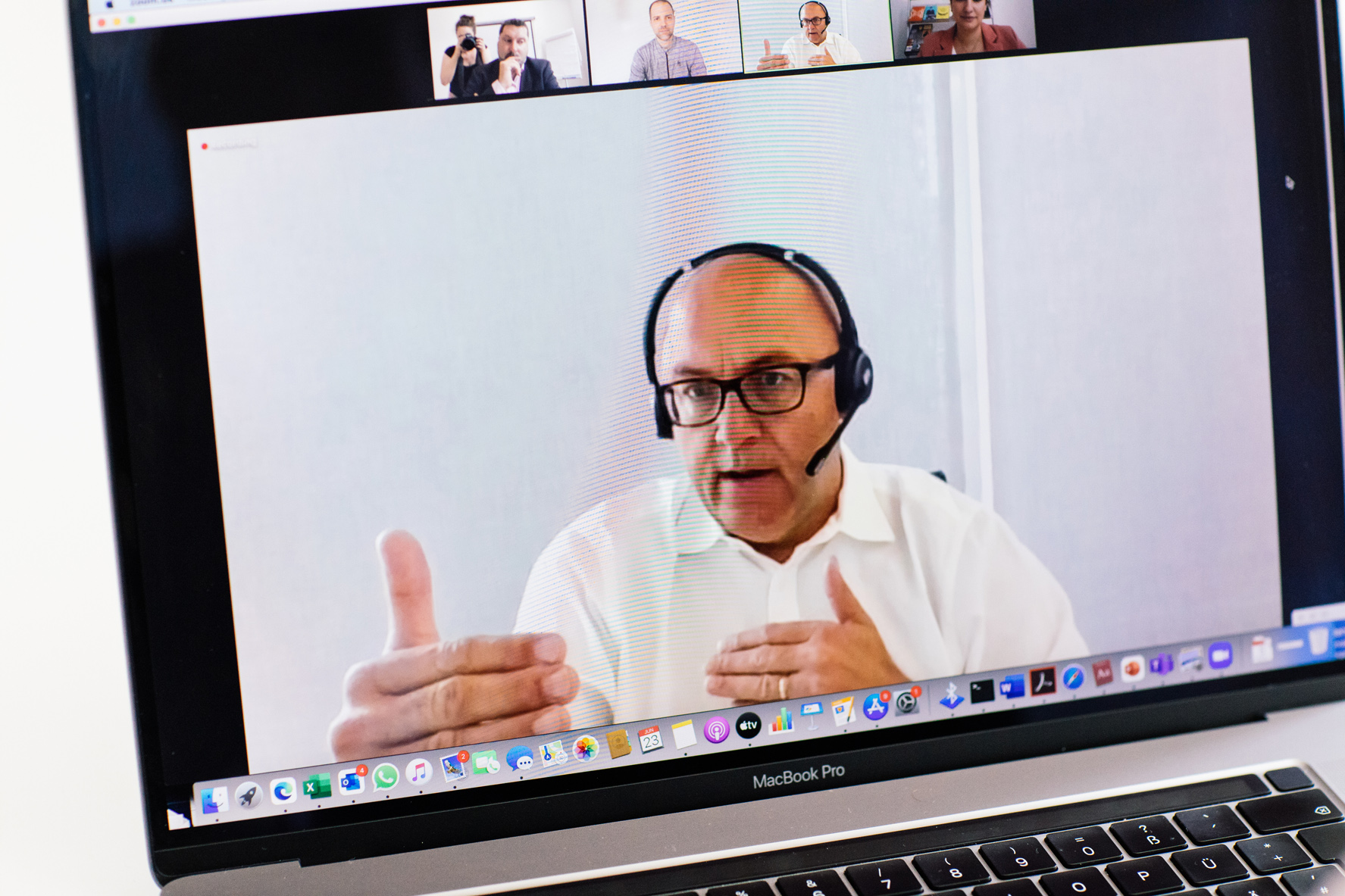
J-BIG: How would you characterize the relationship between LIXIL and GROHE?
Jonas Brennwald: The organization is very decentralized, both on a global scale and inside the individual brands or companies. We don’t have a lot of hierarchies – which again aligns quite nicely with my Swedish heritage.
Each region has a leadership team responsible for their specific market. That gives us a lot of freedom to define our own roadmap to success. LIXIL has gone a similar route as Proctor & Gamble in consumer goods: They also acquired a lot of strong brands like Gilette or Duracell and integrated them into their portfolio, but they never talk about Proctor & Gamble in this context. At the same time, there is always the possibility to connect with and get support from people at the headquarters on specific issues. I find it to be a very empowering working environment.
I would say that on issues like diversity, inclusiveness or agile leadership, LIXIL is ahead of many other traditional Japanese companies – and also a lot of European ones, I might add. We’ve set clear targets on these issues, and many of the initiatives are driven from Japan.
J-BIG: Do the LIXIL brand and the GROHE brand compete in the same markets or is there a clear differentiation about which brand is being positioned where?
Jonas Brennwald: The whole strength of the LIXIL portfolio only becomes clear when you look at of all of the individual brands, but there is usually just one iconic brand per region. For the EMENA region, that brand is GROHE. For the moment at least, we are following a single brand approach in Europe. But even where we offer multiple brands in one market, we have a clear differentiation between our brands. This way, we can cover the needs of end users and customers without becoming our own rivals. We are very good at seeing where a little internal competition would weaken our position and where it might strengthen it. But we are not automatically interested in adding more brands into a market.
Free Subscription
“J-BIG – Japan Business in Germany” is the e-mail magazine dedicated to Japanese companies and their business activities in the German market.
J-BIG: It seemed that in 2020, the LIXIL brand began to appear more often in GROHE communication. Does this signal a shift in strategy?
Jonas Brennwald: The thing is: Since the LIXIL takeover, GROHE is no longer a company in the same sense as before. GROHE is a brand, and LIXIL is the company behind it. So over time, we do want to communicate more strongly that we are LIXIL EMENA, and that GROHE is just one brand within this organization – although a very important one. We have started to explain what LIXIL is all about and what it can contribute to the GROHE brand.
For example, we are incorporating a range of LIXIL technologies into our GROHE product line that we likely never would have developed on our own. The investment would have been too high, with an uncertain outcome. Instead, we can make use of technology that LIXIL already has and incorporate it into the GROHE design. I have to add though: It’s not just that LIXIL technologies arrive in the mail and we implement them into our design. We have our own design and R&D teams within the global structures that can give input on what needs to be done when we develop a new platform. Our goal is definitely to keep challenging and engaging ourselves in the development and design process from the start. This brand identity is very distinct, and we don’t what to compromise it. That’s also why we’re very careful in deciding which technologies will help elevate and progress the GROHE brand – not every LIXIL technology makes it into the GROHE product line.
Finally, we are continuously evaluating whether it would make sense to introduce products or other brands under the LIXIL umbrella to the EMENA markets. This would happen in a very deliberate way and only with cherry-picked products – we don’t want to jeopardize the strong GROHE brand we have worked so hard to establish. But certainly, LIXIL’s strong technology history is essential for scaling up the GROHE brand.

J-BIG: Can you give us an idea of what those technologies might be?
Jonas Brennwald: I cannot disclose what we are working on right now, but it is going to be an exciting journey. What I can refer to are some technologies we already have in our existing portfolio, which would not have been possible without LIXIL’s technology heritage. When, for instance, we launched our first GROHE-branded shower toilet, the technology was purely coming from LIXIL. What we did with our design team was to modify the toilet to conform with GROHE’s brand identity. That was one of the breakthroughs in connecting our two companies in one product. Showering technology is another example: Our new SmartControl technology, which allows you to customize your showering experience through the press or turn of a button, also came from LIXIL – our R&D team merely had to modify a few things to fit to our shower design. When we evaluate new product ideas, we always think about what we already have in the global LIXIL family and could adapt to the EMENA region.
The second way in which LIXIL might enter the German market is through products that have nothing to do with GROHE’s core business. We have many kinds of products in Japan which are not available in Europe at all, such as building materials or windows and doors. In some cases, we are evaluating market entry for the region, but we will likely do so under the LIXIL brand or some other brand name. The GROHE name will be reserved for applications where we feel like the brand recognition can really help scale the business.
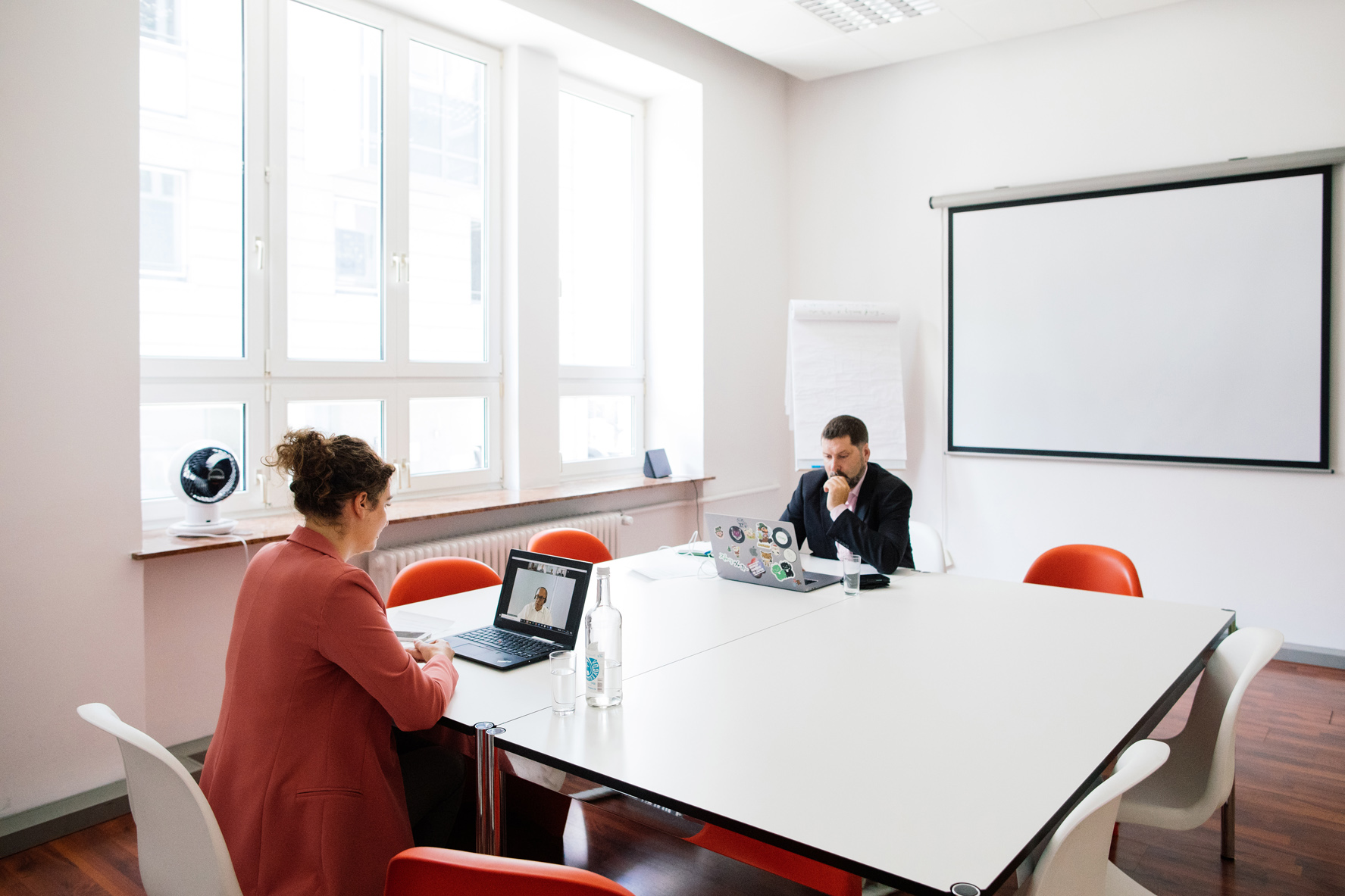
J-BIG: You mentioned shower toilets – an everyday technology in Japan that is still very uncommon in Europe. In your experience, why is it so difficult to introduce this in Germany?
Jonas Brennwald: First of all, the shower toilet is a very new concept for us in Europe – there are only a few players in the market that offer this solution at all. Getting people to adapt to and accept such a new technology always takes time, and changing people’s behavior is also a huge investment. Nevertheless, there was a dramatic change in sales for our shower toilets in the last few years. As people get more aware of the technology, they also start to see the benefits. And we are also seeing a few new suppliers entering the market.
At the same time, the way we think about toilets and hygiene is very bound up with cultural practices. The technology behind the LIXIL shower toilet actually was developed in Switzerland, but it was positioned as a healthcare product, not a consumer product. So the technology know-how was never scaled up by any of the ceramics manufacturers. The way we see a toilet in Europe is different from the Japanese context: A hundred years ago, we built our toilets in the woods or in small sheds. Later, we basically moved that same concept into the house and added flushing. In Japan, using the toilet is part of the cleaning process; shower toilets are really the only proper toilets there. That is a fundamentally different outlook, and initiating such a shift is no easy or quick process. But we are on a good path, and the market potential is enormous if you are willing to make the necessary investments. We have a very clear plan going forward – it will be very interesting to see which companies will be able to take the lead here and drive the business.
J-BIG: Beyond shower toilets, is there a general difference between the kinds of products or technologies consumers are demanding in Europe as compared to Japan?
Jonas Brennwald: Not so much in terms of basic technology, but there are differences in the demands due to outside factors like water flow and water quality. In some markets, for example, consumers cannot drink water directly from the tap, in which case you need some type of filtration system. But most of the time, the differences are more connected to cultural aspects. How big should the handle be? What’s the perfect size for a shower head? Such design differences also depend on what the leading brands in the given market are. But the basic technology platform is usually very similar.
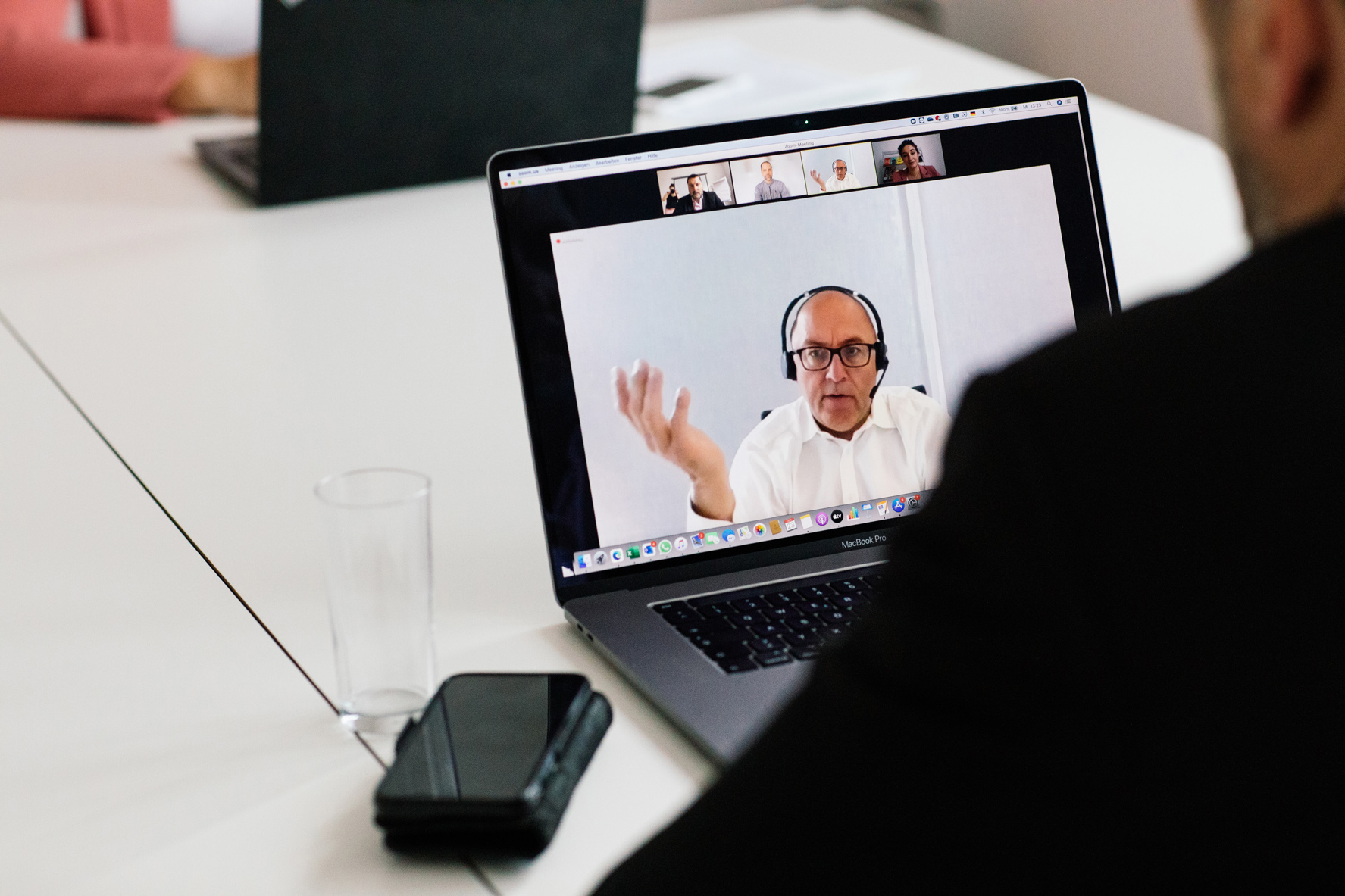
J-BIG: Is there a LIXIL product that is not available in Europe yet, but that you personally really like?
Jonas Brennwald: I’m very impressed with the window technology and its sustainability potential. In fact, there are many building materials that LIXIL offers in Japan but that are not available in Europe. Solar panels are another example in that vein.
Of course, there are enormous challenges in introducing these technologies in Europe. There is already an established infrastructure in the housing industry, so you want to be very clear about the right market strategy from the onset. That makes it very difficult for new technologies to make an impact. In my opinion, that is really a weakness of Europe: We are not as great as we make ourselves believe because other interests are stopping us from letting new technologies into our markets. It feels like fighting windmills sometimes, but I am convinced that Japanese companies have a lot to offer in such important industries like energy management. We just have to open the door for them.



